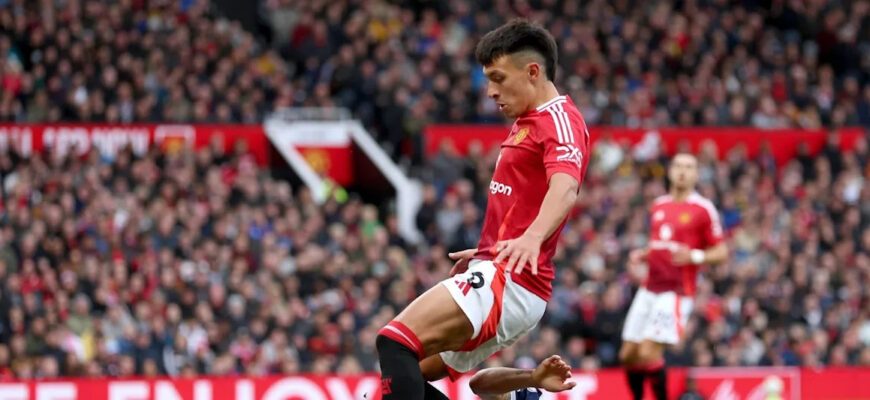The Theatre of Dreams has, in recent years, often felt more like a stage for recurring narratives than a fresh start. For Manchester United, the opening curtain of this Premier League campaign under manager Ruben Amorim has offered a familiar blend of tantalizing promise and frustrating execution. The recent 1-1 draw against Fulham at Craven Cottage serves as a stark, if somewhat clichéd, encapsulation of their current predicament: a team striving for a new identity, yet still grappling with old demons.
The Amorim Vision: A Glimmer Through the Grey
Ruben Amorim arrived at Old Trafford with a clear philosophy: aggressive, possession-based football, pushing the pace and dominating play. In flashes, against Fulham, this vision was remarkably evident. The team`s attack moved with an uncharacteristic urgency, demonstrating moments where opponents struggled to cope. Early opportunities for Matheus Cunha, denied only by the woodwork and a sharp Bernd Leno, hinted at an offensive dynamism not always present in recent United iterations. New signings like Cunha and Bryan Mbeumo have undoubtedly injected pace and creativity upfront, suggesting that Amorim`s blueprint for attack is beginning to take shape. It’s a compelling glimpse of what *could* be.
The Achilles` Heel: Midfield Balance and Mental Fortitude
However, football is a game of ninety minutes, and the beauty of a fleeting attacking burst quickly fades when defensive solidity wanes. The introduction of new attacking prowess has, perhaps inadvertently, created a new imbalance. Captain Bruno Fernandes, a maestro in the final third, has found himself drawn deeper into midfield alongside Casemiro. While this might offer a new dimension in build-up, it frequently leaves United defensively light, a vulnerability Fulham was keen to exploit. This isn`t merely a tactical oversight; it`s a structural weakness that adds undue pressure on an already scrutinized backline and a goalkeeping department that has seen its fair share of scrutiny. One might wonder if the `Theatre of Dreams` has developed a habit of revealing its plot twists a little too early.
Beyond the tactical shifts, Amorim pointed to a more elusive, yet critical, factor: focus. His post-match comments illuminated a deeper issue:
“I think we can do better, but we are putting in the effort, so that is the most important thing to me. I think in some moments that we did well, especially in the beginning of the game, and I felt that after the goal we were thinking about the result, just the result, and this team needs to win the game. We need to focus on the performance of what we need to do because if we think about the results, we forget to do the normal things.”
This statement cuts to the core of the challenge. For a club steeped in the expectation of victory, the desire for a result can become an oppressive weight, paradoxically hindering the very performance required to achieve it. A missed penalty from Bruno Fernandes – high and wide – further underscored this fragility, turning a potential match-winning moment into a symbol of collective nerves rather than conviction.
The Road Ahead: Pressure Cooker at Old Trafford
The weight of history at Old Trafford is immense. Finishing 15th last season, losing a Europa League final, and failing to qualify for the Champions League have created an undeniable pressure cooker environment. Amorim`s willingness to bench players who don`t conform to his system is a testament to his resolve, but his vision requires both time and unwavering commitment from his squad. Integrating promising academy talents like Kobbie Mainoo, when fit, could offer a blend of youthful exuberance untouched by past failures, but the immediate need is for consistency and, crucially, points.
The journey to reclaim Manchester United`s former glory is not a sprint, but a marathon riddled with hurdles. Amorim`s task is unenviable: to iron out defensive frailties, rediscover midfield balance, instill a resilient mental focus, and, critically, secure that elusive first win. Time, as the saying goes, waits for no one, especially not at a club where results are not just desired, but demanded. The coming weeks will reveal whether Amorim`s blueprint can withstand the relentless pressure, or if the Theatre of Dreams will continue its melancholic run, waiting for its next act of genuine triumph.








